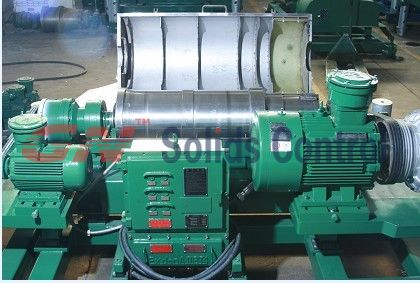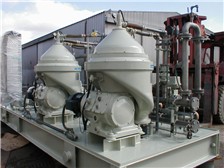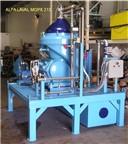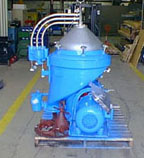Reuters - North Korea’s uranium enrichment work could complicate any future international talks on dismantling its nuclear programme, especially if ally China backs Pyongyang in saying that it is for peaceful purposes only.
North Korea revealed the previously undetected uranium facility in Yongbyon to a US expert last month who said he was “stunned” at how modern it appeared.
The advance could give impoverished North Korea a second route to producing nuclear weapons and a bargaining chip for aid as it pushes to restart diplomatic talks.
The reclusive state, which carried out nuclear tests in 2006 and 2009, has had a separate plutonium programme for decades.
North Korea could use its uranium enrichment to try to redefine “denuclearisation” and divide those involved in talks.
“The enrichment plant certainly presents a complication,” said Mark Fitzpatrick at the International Institute for Strategic Studies in London.
He said its implications for denuclearisation and how it fits into a 2005 nuclear-disarmament-for-aid deal with five regional powers would need to be negotiated “which is precisely Pyongyang’s objective”.
“Their obligation to denuclearise means no uranium enrichment, a Western diplomat versed in nuclear issues said, pointing out that Pyongyang had previously denied it was pursuing enrichment. “Enrichment definitely muddies the waters.”
South Korean and US officials suspect the North has similar facilities hidden at other locations where it could more easily raise the enrichment level from those used for nuclear power station fuel to the higher-grade suitable for atomic arms.
Seoul, Washington, Tokyo and Moscow, involved in the so-called six-party talks with North Korea and China, are likely to insist enrichment be included in any denuclearisation talks.
“Few want to accept a North Korean enrichment plant, regardless of North Korea’s statement on its declared purpose,” said David Albright, a former UN arms inspector and head of the Institute for Science and International Security in Washington.
“North Korea’s gamble is that some, such as China and various NGOs, will accept an enrichment plant under International Atomic Energy Agency (monitoring) and declared as dedicated to producing only low-enriched uranium.”
This is similar to the problem the West has faced with Iran over technology that is difficult for UN inspectors to monitor to ensure there is no diversion for military purposes.
“You can’t outright disallow (North Korea) the right to civilian nuclear activities, so they’re creating a new issue to complicate things,” said Shen Dingli, Director of the Center for American Studies at Fudan University in Shanghai.
“Like Iran, they’re using this right to uranium enrichment as leverage.” Iran says it wants a civilian power programme, but the West suspects it is seeking atomic weapons capability.
China said on Tuesday that North Korea has the right to use nuclear power for peaceful purposes, but that it must allow IAEA inspectors back into the country to help ease tensions.
Pyongyang expelled the IAEA in April 2009 when it exited the six-party talks, but has recently suggested they could come back.
Albright said partial declarations and limited IAEA access would “doom” any verification effort and warned Pyongyang could offer its equipment and know-how to proliferation-prone states.
South Korea and its allies have refused to restart talks until Pyongyang gives a firm commitment on nuclear disarmament. Seoul is determined to push through with a “Grand Bargain” in which the North will give up the entirety of its atomic work.
“The next six-party talks will be the grand bargain. That means we would need to agree on the target year (for the North’s dismantlement) and the whole picture, not partial elements such as Yongbyon,” said a South Korean government official who is close to nuclear negotiations with the North.
Russia has expressed “deep concern” over North Korea’s uranium enrichment work and has urged it to abide by the 2005 pledge to abandon its atomic programme.
Brian Myers at South Korea’s Dongseo University said the North could not take enrichment off the table for talks as it would show it had no desire to return to them. It would use it to demand greater compensation for denuclearisation instead.
“Needless to say, I don’t believe they are interested in negotiating disarmament in good faith. North Korea can no sooner give up its nuclear potential than the Vatican can give up Catholicism,” he said, explaining that the atomic capacity protected the North and gave it a reason to exist.












